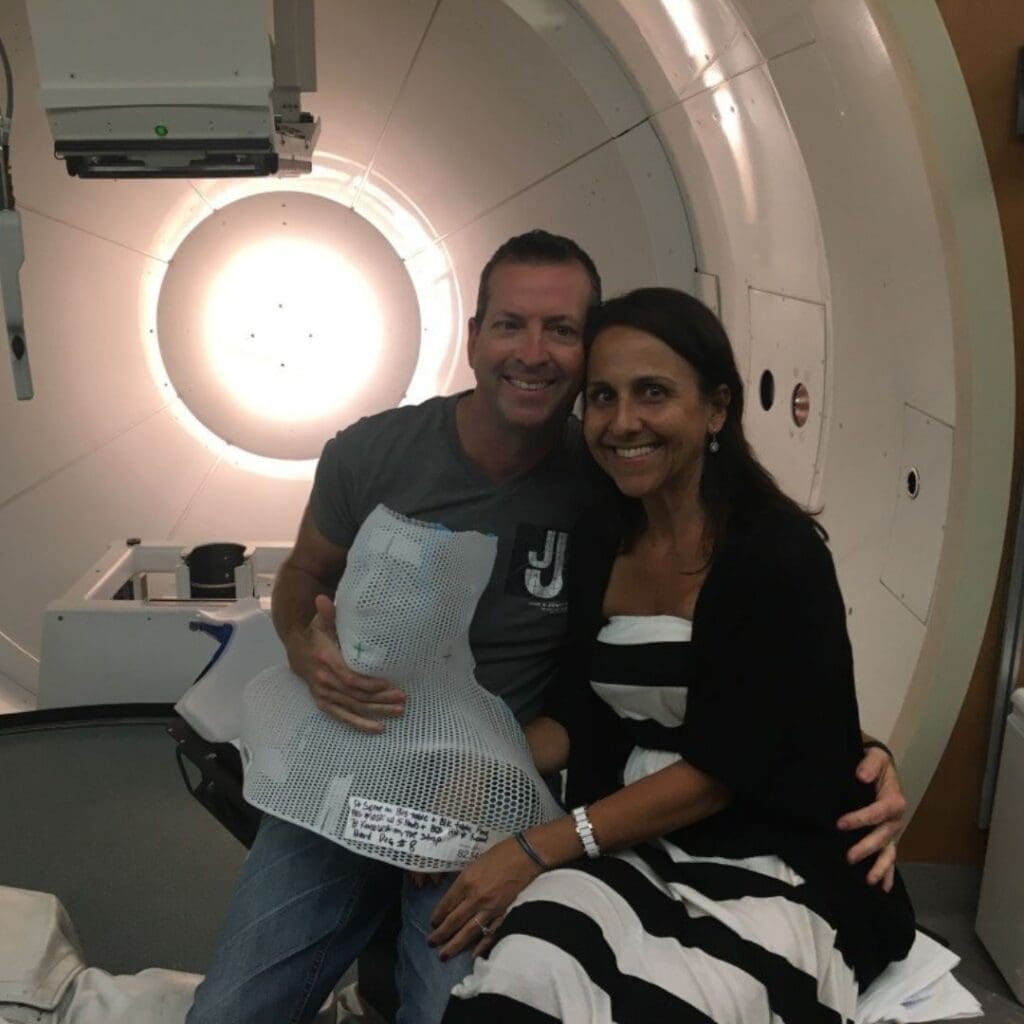
When I became a widow on September 1, 2021, I somehow believed I could escape the title that carried so much pain; I was mistaken. There were countless layers of widow grief that I had to cope with; my mind and heart couldn’t keep up, making a support system essential. One of the emotional struggles of grief wasn’t just the loss of my love but also shedding another layer of my identity; I was no longer a “we”; it was now just me, “a Widow.” All invitations were now directed at me alone. Even though I was independent, I sometimes felt abandoned during my grief due to the lack of a support circle from other widows. The thought of never seeing Jeff in our home, in our bed, getting ready with me, and holding hands during the entire car ride was debilitating. Although my friends and family tried to support me in my grief, no one knew what to say. The many levels of grief were suffocating at times. We shared such a unique and magical love; I couldn’t imagine my life without him. Yet, drawing on the support, inner strength, and courage I had relied upon so many times in the past, I knew I would be able to move forward through the painful grief and navigate this new life without my love as a widow.
I found a few other young widows who listened to my painful grief as I sobbed, providing me with so much loving support. However, I longed for a larger support group of widows who understood my pain and with whom I could talk regularly. I lacked an extensive network of widow support, an outlet to gain advice and share stories, and a safe place to express this heavy burden of widow grief openly. I was a widow before my mom; this reality felt sharp and isolating. It seemed as though no one could truly understand my pain or the heavy weight I carried as a badge, honoring my love. I wanted to speak freely and feel supported without judgment, where my words weren’t measured. I wanted to share all the doubts and uncertainties surrounding my widow’s grief with others who understood me. While I was blessed with incredible support, I wished for a circle of people who could empathize with my pain. Talking to another widow about my anger, deep sadness, and desperation—a constant worry about whether the pain would ever subside—felt different. The word ‘cancer’ carried so much weight, but the word ‘widow’ added an entirely different layer of grief. It meant the life I once knew with Jeff, our plans for a future filled with love and memories with family and friends, no longer existed; my life had transformed into debilitating grief.
Understanding the intense grief I felt after losing my brother in our twenties, and later when my love Jeff passed away and I became a widow, I revisited the coping mechanisms that had helped me navigate the deep hole of grief I carried for my brother. Drawing on my grief skills allowed me to support others through their grief over the Years. One thing I learned about loss, was that grief, never completely leaves us. Instead, grief moves forward with us and evolves. Over time, the sharpness of painful grief and the harshness of the word widow soften. Within a supportive community, we can learn to thrive and survive after such a devastating loss.
After losing both my brother and the love of my life, I unleashed coping skills that allowed me not only to survive but also to find joy and happiness as a widow while I navigated my grief. Giving myself space and grace to sit vulnerably with my grief and allowing myself to feel the pain and work through it was essential for my survival.
+ show Comments
- Hide Comments
add a comment